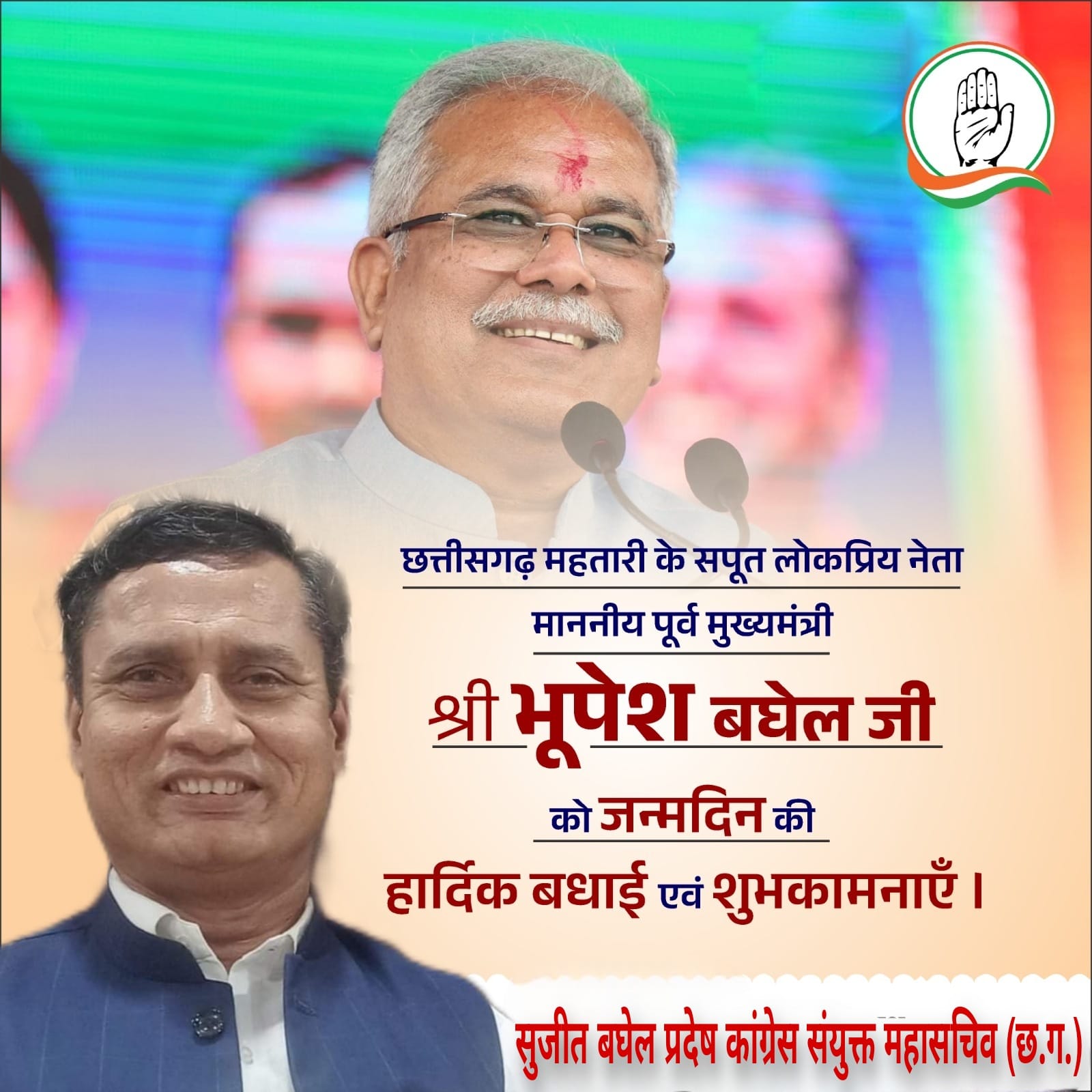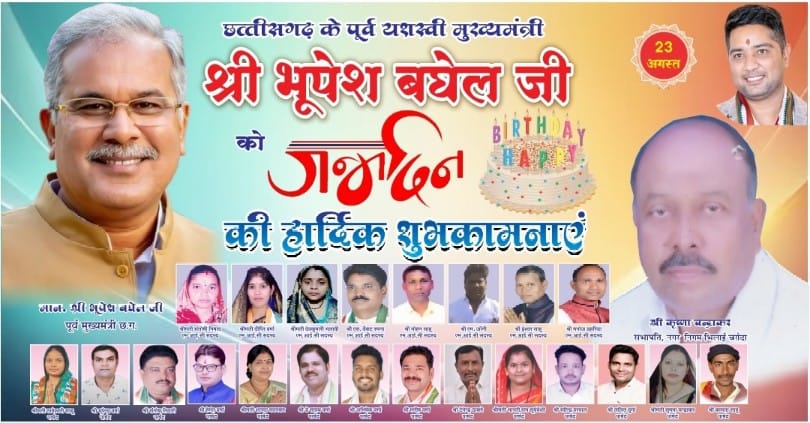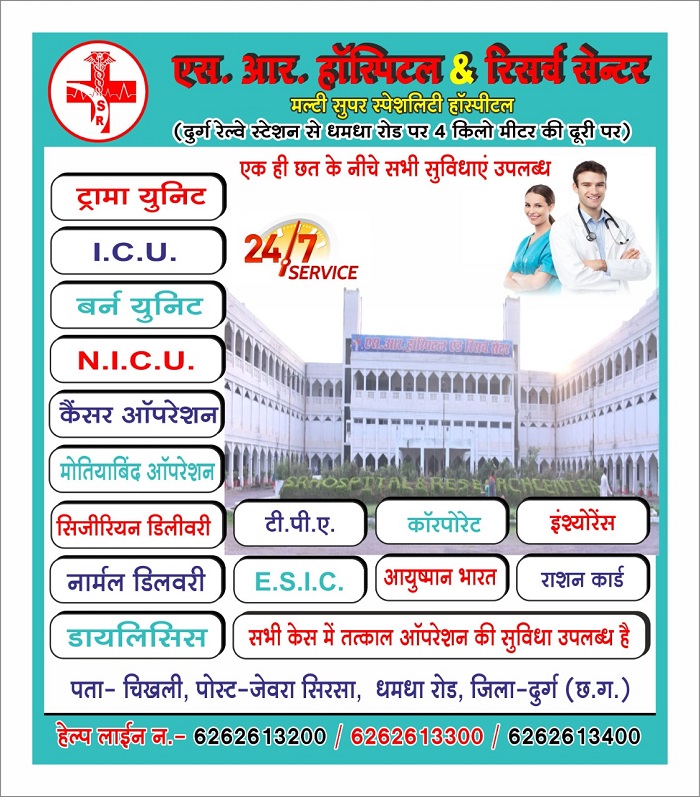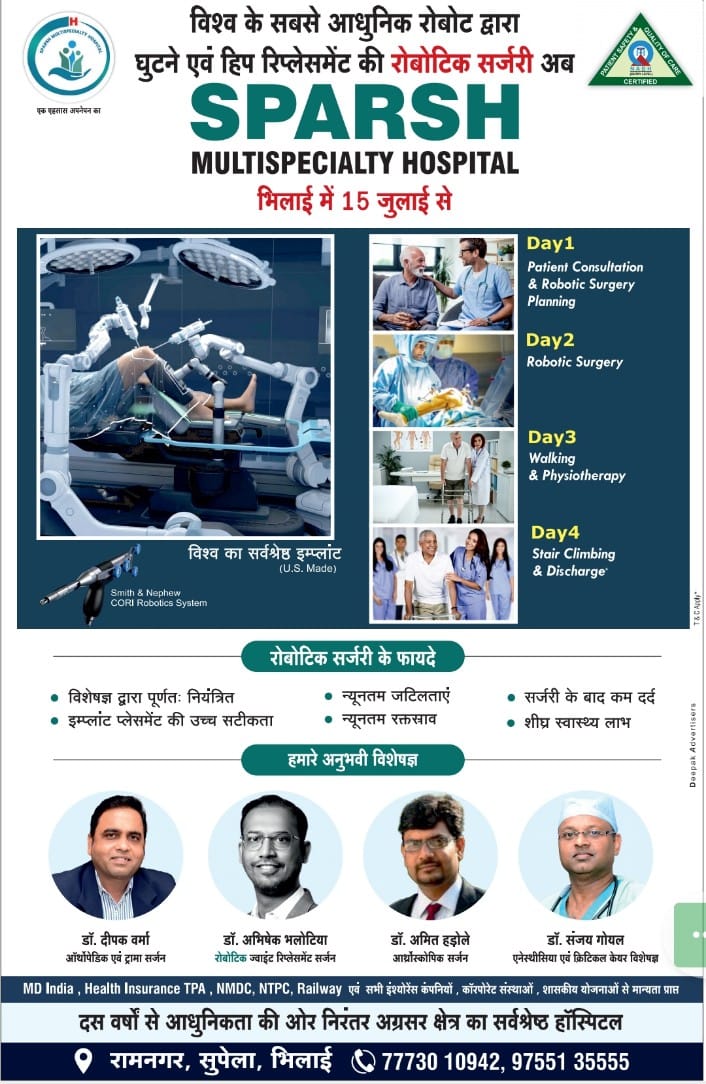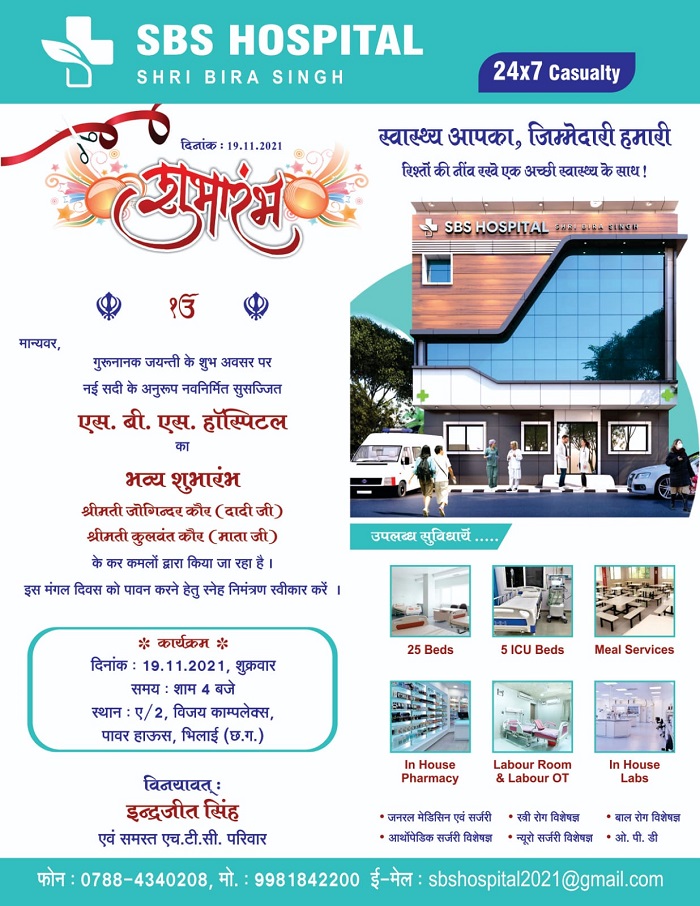Voices of Progress: Ushering in Change with the Uniform Civil Code

While exploring the intricacies of the Uniform Civil Code (UCC) some interesting aspects has recently captured my attention particularly in light of the 22 Law Commission of India’s thorough examination of the subject. As a Muslim female college student in my early twenties, earnestly pursuing a career, I am compelled to reflect on the implications of a UCC in a multi religion country like India. For me, a uniform civil code for India is imperative. The prospect of a country with multiple civil codes instigates chaos, a sentiment I wish to steer clear of Embarking on a nuanced exploration of the UCC, anchored firmly in Article 44 of the Indian Constitution, I am struck by its resounding call for uniform laws across religious communities, addressing pivotal aspects like marriage, divorce, inheritance, and adoption. Despite valid concerns about potential conflicts with Fundamental Rights, especially the Right to Freedom of Religion (Articles 25-28), it becomes evident that a delicate equilibrium between individual rights and the imperative for a uniform legal framework must be struck The UCC’s deliberations on incorporating provisions from Articles 25-28 remain in flux, underlining the significance of upholding constitutional principles while nurturing national unity. India’s true strength lies in its diverse and pluralistic society, where the UCC, rather than posing a threat, emerges as an opportunity to harmonize personal laws, fostering a collective national identity while respecting the tapestry of individual religious beliefs. Within the tapestry of the Muslim community. which is often mistaken to be a uniform block, recognizing diverse perspectives including those of Pasmanda Muslims, becomes imperative. The UCC stands as a beacon to address discrimination, extend equal representation, and eradicate caste and class differentiations. Moreover, it emerges as a potent force to protect the rights of Muslim women, providing legal backing to secure their rightful inheritance, thereby championing gender equality and justice. The UCC, with its proposal of a common governing law for all citizens regardless of religious beliefs, encompassing personal affairs such as marriage, divorce, inheritance, and adoption, assumes a role of unifying force. In contrast to misconceptions, the UCC is not designed to exploit or disregard the rights of Muslims but aims to address discriminatory aspects of personal laws while upholding justice. fairness, and religious freedom. The Quran itself emphasizes the importance of obeying the law of the land, aligning with the UCC’s goal of ensuring equal rights and protections for all citizens, including Muslims Article 44 of the Indian Constitution, nestled in the DirectivePrinciples of State Policy, echoes the state’s earnest endeavour to secure a uniform civil code throughout the nation. Despite seven decades of independence, the absence of a singular law governing Hindus, Muslims, and Christians has introduced societal frailties, which the UCC holds the potential to rectify. The successful implementation of the UCC in Goa, where residents of all religions are bound by a common family law since 1961, stands as a testament to its potential benefits. The critical elements for its successful implementation lie in social acceptance and understanding, aligning seamlessly with my understanding and advocacy for a progressive and inclusive legal framework that unites rather than divides.
My endorsement of the UCC is rooted in its proposition to establish a unified legal framework for all citizens, transcending religious boundaries. My exploration of the Uniform Civil Code (UCC) highlights its potential to harmonize diverse personal laws while upholding individual freedoms and constitutional principles. As a Muslim woman, I see the UCC as a promising avenue to address discrimination within personal laws, ensuring equal representation for marginalized groups and safeguarding the rights of Muslim women. It is essential to recognize the varied perspectives within the Muslim community and view the UCC as a catalyst for positive change rather than a threat to cultural and religious identities. In this framework, individual freedoms and national unity can coalesce, respecting the diverse rights and identities of all citizens.
InshaWarsi
Francophone and Journalism Studies
Jamia Millia lslamia

